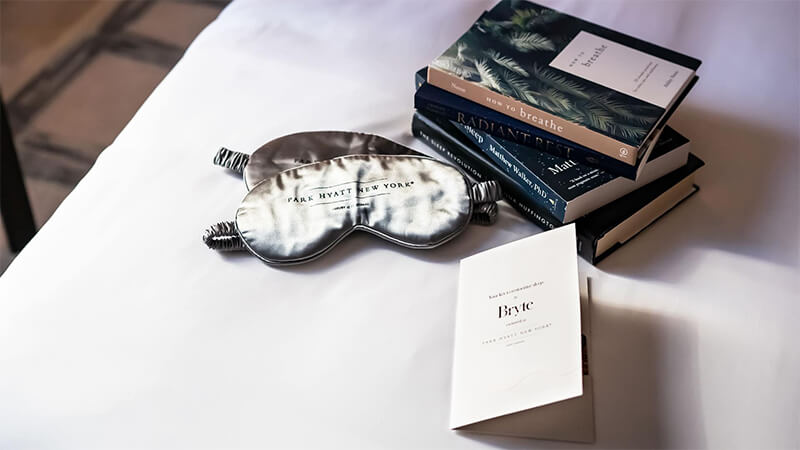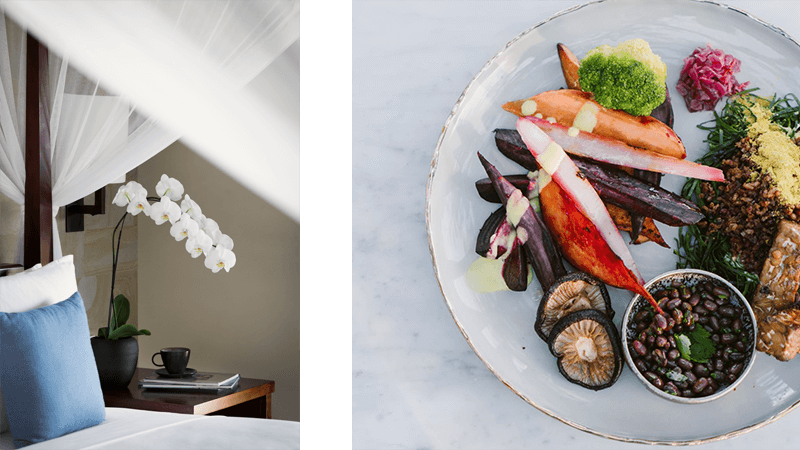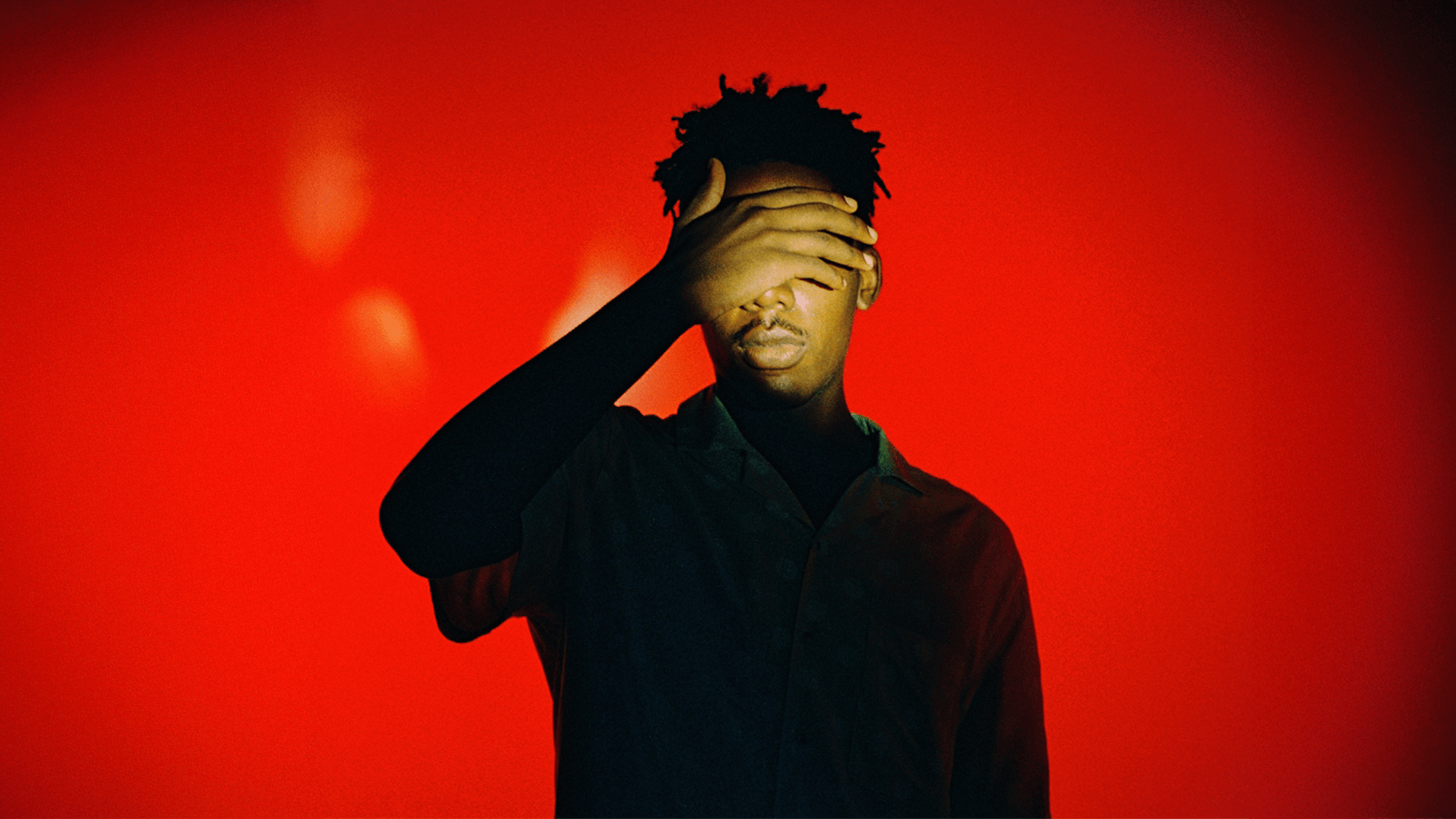Meditation Lamps, Customised Beds & Pillow Menus: Can A Sleep Retreat Lead To Better Rest?
Ever find yourself needing a holiday after your holiday? Do you pack your days with sight-seeing followed by evenings bar-hopping, before crashing into bed in the early hours? If so, a growing travel trend known as sleep tourism may be one for your bucket list.
From highly customisable beds and pillow menus to intensive programmes supervised by medical professionals, naturopaths, nutritionists and psychologists, hotels are now going the extra mile to help guests get a great night’s sleep.
“This wellness travel trend sees people go to specific destinations to either get better sleep,” explains sleep expert and clinical psychologist, Dr Michael Breus, “or a specific place that has developed a sleep programme for its guests which can evaluate and help their sleep-related issues.”
“A lot of us who sleep poorly, we buy things such as pillows, mattresses, sleep aids, CBD. Sleep tourism is a part of that,” explains James Wilson, AKA The Sleep Geek, founder of Kipmate – a platform offering advice, education and tools to help you sleep better. Globally, more people searched about sleep in 2023 than ever before, according to data released on Google Trends. “I think we misunderstand the way sleep works,” explains Wilson. “We think we can control sleep in the way we can control nutrition and exercise. The thing with sleep is, actually, the harder you try sleeping better, the harder it gets.”

As we become more mindful of our sleep and the impact it has both on our physical and mental wellbeing, it’s easy to see why the sleep retreat is piquing interest. Dr Breus has been involved with a number of hotel and resort-based programmes and has witnessed first-hand how hotels are prioritising the elusive realm of sleep.
According to Dr Breuss, the first element to consider is the room itself. One high-tech example is the Sleep Suite by Bryte at the Park Hyatt New York, which offers a bed that adjusts to relieve pressure points and controls its firmness throughout various sleep stages.

The second is the environment. Hotels such as the Zedwell hotels in London offer cutting-edge soundproofing, with rooms free from distracting electronics, and even windows. A stay at a luxury location such as the REVĪVŌ Wellness Resort in Bali even includes sleep-optimised accessories including a rhythmic breathing meditation lamp and lavender eye pillow, a sleep-optimising turndown service, sleep playlists, podcasts and even menus designed to help you drift off.
Lastly, Dr Breus highlights the importance of education when it comes to sleep tourism. While there isn’t yet much research on the efficacy of a sleep retreat, Dr Breus suggests, “If the sleep retreat was set up by a sleep doctor, or someone who has real world board certifications in sleep, then there is a much better chance of this actually working.”
However, as most of these programmes tend to fall within the luxury travel sector, where prices for a one-night stay can easily climb into the thousands, it’s important to remember that often all our sleep pattern really needs is a bit of a reset.
“Our bedroom can become a bit of a prison,” says Wilson. “Sometimes going to a different environment can be useful. Particularly if it’s customised for you and you’ve got a bit of expertise there that’s going to help you.” However, as Wilson notes, “for a lot of people who go on a sleep retreat, what they actually get is a bit of structure, and you can do that yourself” – notably without the price tag.
Resetting your sleep habits is often as simple as taking the time to implement a bedtime ritual. “A lot of us are rushing to bed, but by having this ritual, you’re going to fall asleep quicker and get better quality sleep. You might have less time in bed, but you’ll have more time to sleep.”
Eve Upton-Clark is a New York-based freelance journalist whose work has appeared in Dazed, i-D, Refinery29 and Cosmopolitan




